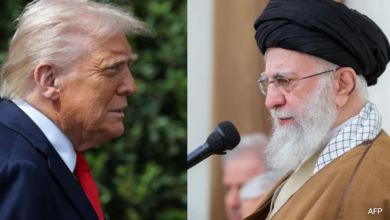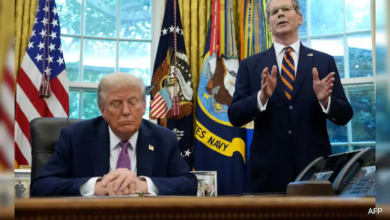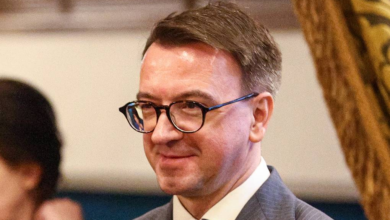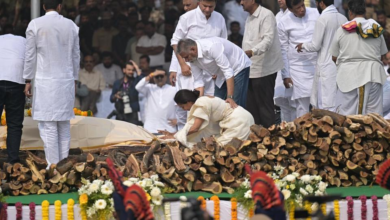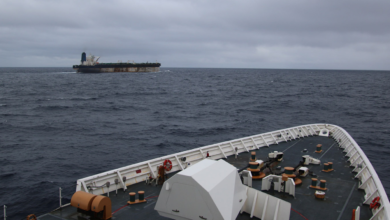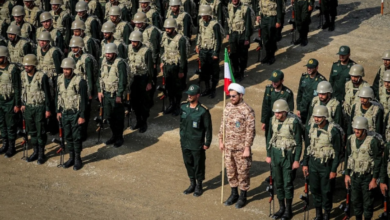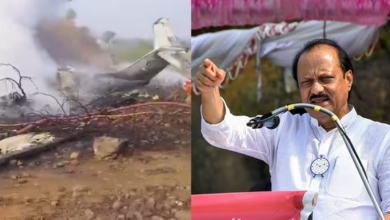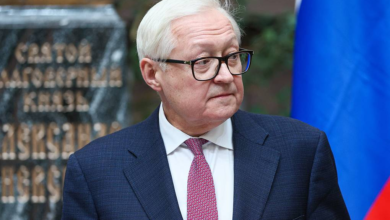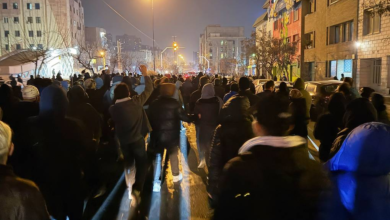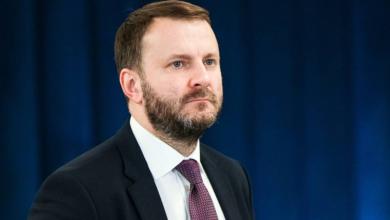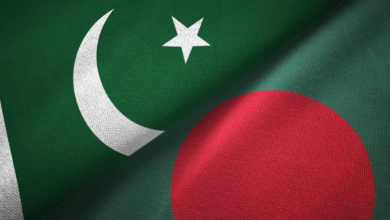Israel Iran attack 2025, Middle East conflict, global tensions, Israel Russia cyberattack, Palestine crisis, international condemnation of Israel
Calls to Recognise Israel as a Threat to Global Peace
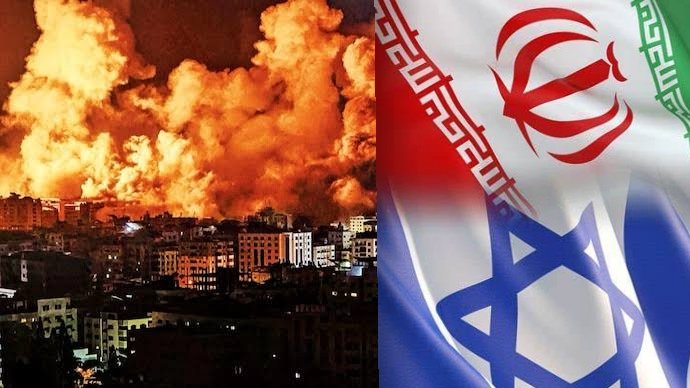
In a dangerous escalation with global implications, Israel has officially taken responsibility for a direct military attack on Iran, with Prime Minister Benjamin Netanyahu proudly announcing the strike as a “strategic success.” The airstrike, which targeted Iran’s sensitive military infrastructure, has provoked outrage across the Islamic world and raised deep concerns in major powers like Russia, China, and North Korea, who now see the situation as a coordinated effort to destabilize key regions.
Adding fuel to the crisis is a parallel development in Russia. Intelligence sources have uncovered evidence linking Israeli-aligned actors to a cyberattack on Russian defense systems, an act the Kremlin considers a hostile interference in its national security. Russia has responded with heightened security alerts and is initiating closed-door strategic discussions with allies, including Iran, China, Syria, and other Muslim-majority countries.
This two-pronged offensive—a military strike on Iran and digital sabotage against Russia—marks a turning point. Global patience with Israel’s aggressive policies is wearing thin. From Gaza to Damascus, Tehran to Moscow, calls for Israel to be recognized as a threat to world peace are gaining momentum.
The Iranian government has condemned the attack as a blatant act of war. “This was not a defense maneuver. It was a targeted, pre-planned military aggression,” stated a senior Iranian defense official. Iran’s Supreme National Security Council has since held emergency meetings with allies across the region, warning that Israel’s actions are pushing the world to the brink of a broader conflict.
In Palestine, the humanitarian crisis continues unabated. Israel’s long-standing occupation and repeated strikes in Gaza have killed thousands of civilians, displaced families, and destroyed entire neighbourhoods. Human rights organizations and international bodies have accused Israel of violating the Geneva Conventions, yet little accountability has followed. Now, the international spotlight is intensifying.
Netanyahu’s public acknowledgment of the Iran strike has drawn sharp criticism even from Western analysts, who warn that Israel’s “preemptive defense” doctrine is becoming a cover for reckless aggression. The announcement has also put Israel’s allies in an awkward position, as many now question the legality and wisdom of supporting a state that openly initiates attacks on sovereign nations.
In Russia, the fallout is severe. Security officials are reportedly furious about what they see as an “Israeli-led provocation” designed to draw Russia into a broader global confrontation. The cyberattack, which targeted military communication systems, is seen as an act of war, especially if confirmed to have Israeli backing. A senior Russian diplomat, speaking anonymously, stated: “This was a red line. It will not be forgotten or forgiven.”
In response to these developments, a new global alignment is taking shape. Muslim countries, already united in frustration over Israel’s treatment of Palestinians, are now in active talks with Russia and China about forming a strategic bloc to oppose Western-backed unilateralism and militarism. This alliance could dramatically shift global power structures.
From Turkey and Pakistan to Indonesia, Malaysia, and the Arab League, there is a growing demand to officially label Israel a terrorist state, citing its repeated violations of human rights, disregard for international law, and now, its admitted military aggression and cyber interference.
As the United Nations, the BRICS alliance, and the Organization of Islamic Cooperation (OIC) prepare emergency sessions to address the crisis, public sentiment around the world is shifting. Social media is ablaze with outrage, and protest movements are growing across Europe, Asia, and the Middle East.
Unless swift and neutral diplomatic action is taken, experts warn that the world could slide into an uncontainable conflict. The combination of open war declarations, cyber warfare, and global power blocs shifting is not just a regional issue—it is the opening chapter of what could become a new world war.
The path forward requires more than statements and sanctions. The international community must act decisively. Netanyahu’s admission, the continuing occupation of Palestine, and aggressive operations beyond Israeli borders show a dangerous pattern that the world can no longer afford to ignore.
Israel’s confirmed strike on Iran and its suspected interference in Russia’s defense infrastructure have pushed the world to a dangerous precipice. As global powers realign, the time for selective silence is over. Only through global justice, accountability, and a firm international stance can peace be preserved and a global war be avoided.
